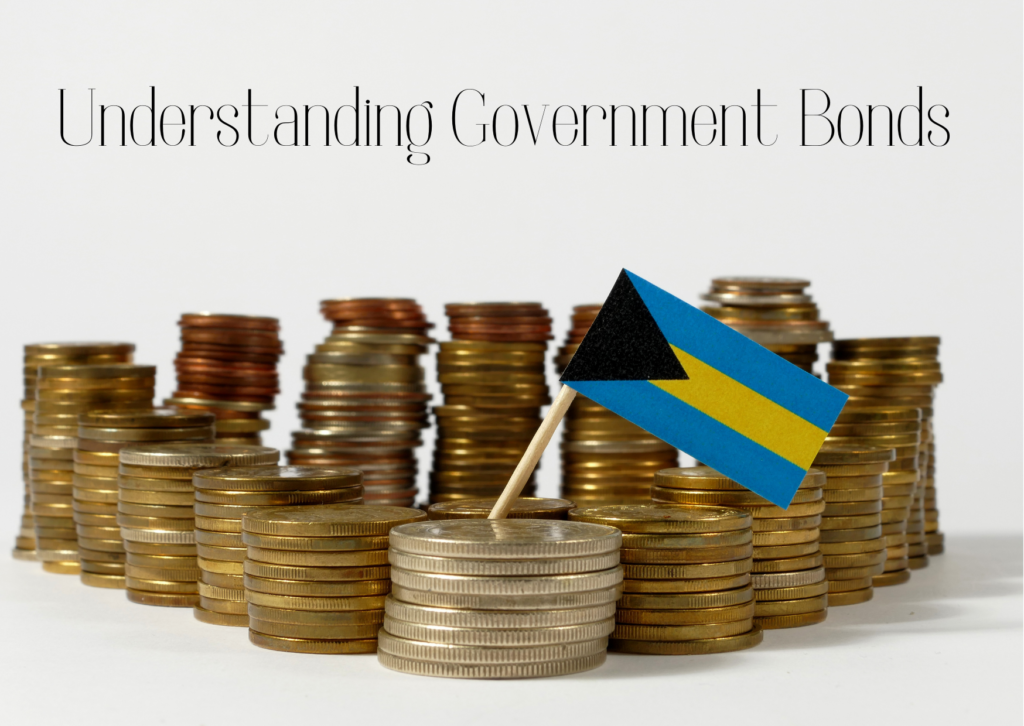For many people who want to invest, the process can seem a bit daunting. “Where do I go to invest? How do I know if this is a good investment? What if this is a scam?” No matter what you invest in, there is always a risk that some or all of your money can be lost; but on the plus side, if the investment does well, you can see some returns on your money. To help ease your mind when it comes to investing, do your due diligence before investing in anything. Due diligence can be defined as conducting appropriate research and practicing protection measures before investing and throughout the investment’s life cycle. Below are four tips you can use to protect yourself while investing:
- Read, read, read!
Be sure to read all documents related to an investment opportunity. Depending on the investment, the content may differ and can include a prospectus or offering memorandum. These documents are often circulated for various methods of raising money from the public such as an initial public offering (IPO), which is a mechanism used by large firms to raise funds from the public or an equity crowdfunding offering, which is a mechanism used by small firms to raise funds from the public.
If there is something you do not understand, feel free to ask someone knowledgeable for assistance so that you are able to fully understand the investment and possible risks involved.
- Licensed/Registered is always best!
Before entering an investment opportunity, ensure that the appropriate persons and/or companies are registered or licensed with the correct authorities. If you are investing through an investment firm, make sure that they are licensed or registered with the Securities Commission of The Bahamas (SCB). You can check the SCB’s website or call to find out if a firm is registered or licensed. For non-investment firms, find out if they have permission from the SCB to offer investment opportunities.
In rare cases, investment opportunities may be exempt from supervision of the SCB; in cases like this, if you are uncomfortable, you can ask for proof that the SCB had no objection to the investment opportunity being offered. If you unsure, you can email or call the SCB. To learn more about the SCB, check out our article Understanding the Securities and Capital Markets – An Introduction.
- Do your research!
Feel free to research just about anything on an investment opportunity. This may include asking trusted sources (e.g. friends, family, mentors, or advisors) for customer reviews about an investment firm. Perhaps you want to know whether the investment professionals respond in a timely manner or if there are any major complaints about how the investment firm conducts business.
You may also want to know if the investment opportunity has fees or penalties associated, as may be the case with mutual funds or brokerage accounts. Brokerage accounts are investment tools for people who are willing to invest a lot of money in the stock markets (usually with a starting balance of $10,000 – $50,000, depending on the investment firm). Mutual funds are investment tools for anyone and usually have a much smaller requirement for starting balances. To learn more about mutual funds, check out our article Mutual Funds – The Basics.
For individual stocks and bonds, you may want to research more about the entity that is issuing the stocks or bonds. Some resources for research may include prospectuses, financial statements, and investment professionals and advisors. To learn more about stocks and bonds, check out our article Investing 101: Stocks vs. Bonds.
A smart investor conducts research on a product before investing. #WorldInvestorWeek #IOSCOWIW2021 #SCBSmartInvestor
- Check your investment statements!
If you have an investment account, be sure to check your investment statements that are usually sent via email or regular mail. Look at your balances and if there was a gain or loss during the period, review the statement to understand what may have affected the balance. Review the gains, losses, income and expenses (fees) to try to get an understanding. If you do not understand why something happened with your investment (e.g. gain, loss, or exorbitant fee), do not panic – simply ask the investment firm for clarification. Some firms also publish investor briefings that explain the markets, both domestic and international, and how certain investments may have been affected by global events. This gives insight into what may have affected (or will affect) your portfolio.
Final Note
The investment process can seem intimidating when you are first starting out, but these due diligence tips can help you to feel at ease. Remember, when in doubt, always ask questions!
When it comes to investing YOUR hard-earned money, no question is a dumb question.
Cays to Coins Tweet




